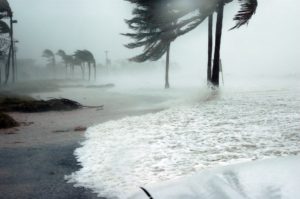 Courtesy of iii.org
Courtesy of iii.org
Standard homeowners policies cover a wide range of potential disasters, from tornadoes to lightning strikes to winter storm damage. Policies do vary, though, so for your own peace of mind, check yours for the specific perils covered. Learn what’s generally covered by each homeowners insurancepolicy type—and what’s not.
What type of disasters are covered?
You will want to determine what type of coverage you have for:
- Dwelling
- Personal property
Options include:
- Perils Basic HO-1*+
- Broad HO-2*
- Special HO-3*
- Special HO-3
- Renters HO-4
- Condo/Co-op HO-6
- Modified Coverage HO-8
Disasters that are not covered
- Floods. Flood damage is excluded under standard homeowners and renters insurance policies. Separate flood insurance coverage, however, is available for both homeowners and renters as a separate policy both from the National Flood Insurance Program (NFIP) and from a few private insurers. Learn more about flood insurance—whether you need it, how to get it, and more.
- Earthquakes. Earthquake coverage is available from most insurance companies as a separate policy or an endorsement to your homeowners or renters policy. Learn more about earthquake insurance.
- Maintenance damage. It is your responsibility to maintain your home and take reasonable precautions to protect your home from damage. Your insurance policy will not cover damage due to lack of maintenance, mold or infestation from termites or other pests.
- Sewer Backup. Sewer backups are not covered under a typical homeowners insurance policy, nor are they covered by flood insurance. This type of coverage must be purchased either as a separate product or as an endorsement to a homeowners policy, usually at a nominal cost. Learn more about sewers and sewer backup insurance.
Next steps: Need to settle a claim after a disaster? We’re sorry—but maybe these tips will make the claims process easier for you.



